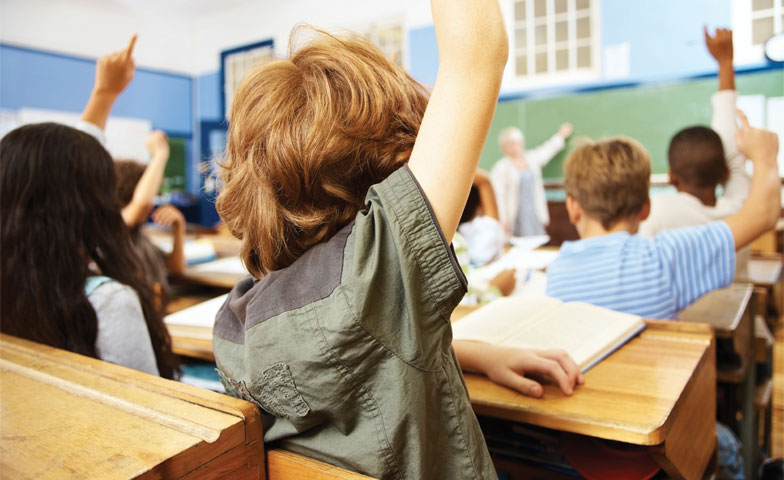
Creating a balance during classroom discussions. “Fine! Don’t call on me!” My student was obviously upset. I hadn’t called on him during the entire lesson. I wasn’t trying to be mean or purposely picking on him. I was experimenting with different lesson interventions, hoping to improve students’ speaking and listening skills in my seventh grade
Read More… from Pick Me! Pick Me! Experimenting with Discussion Interventions
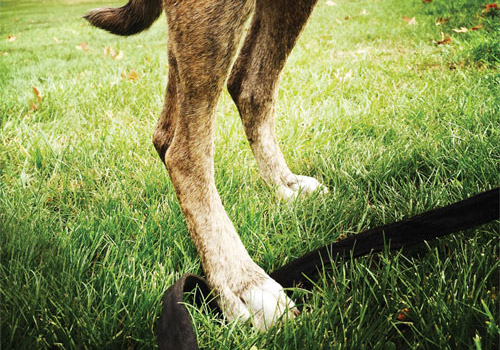
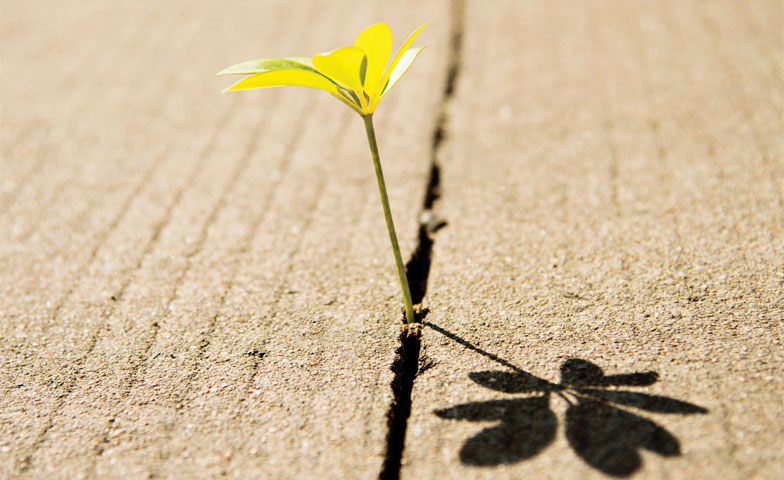
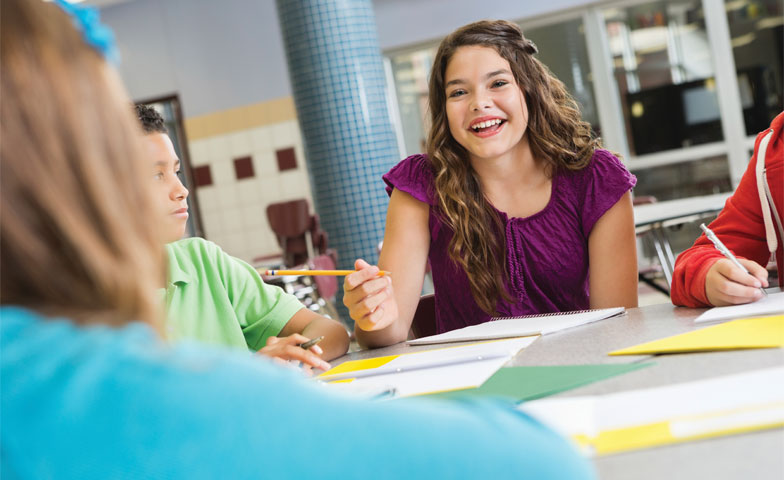
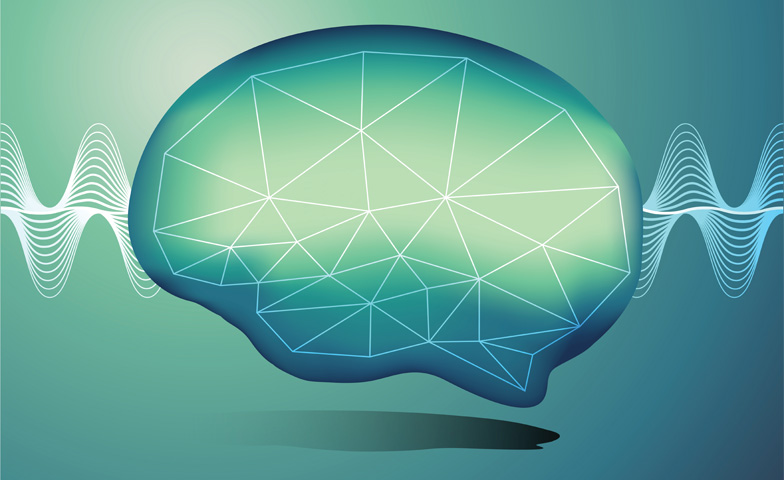
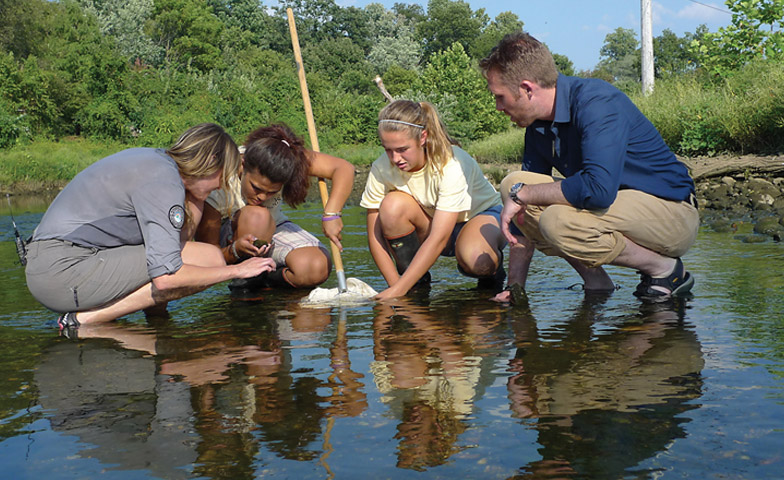
0